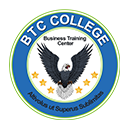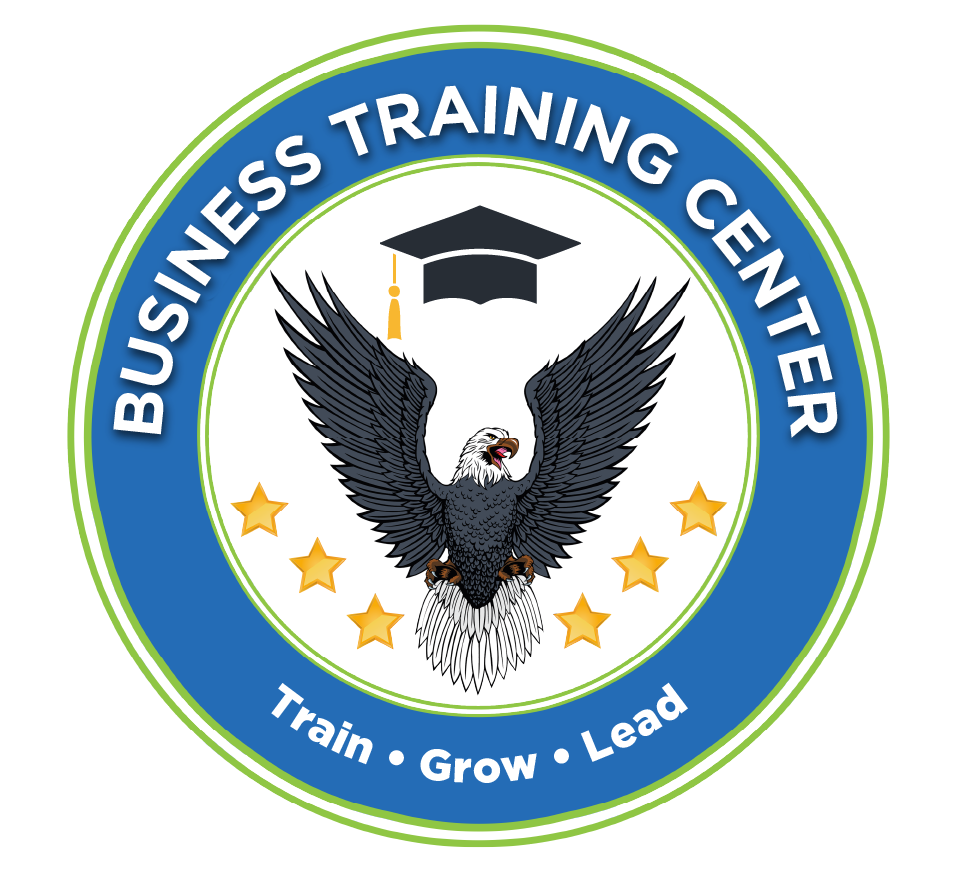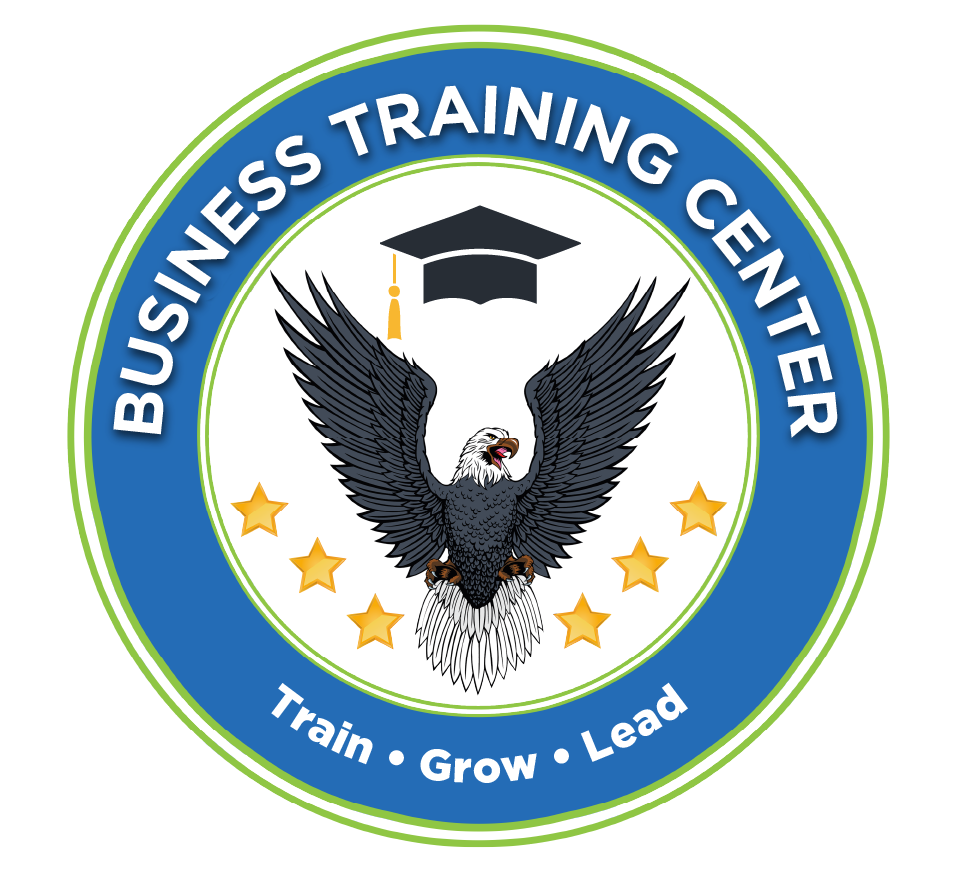Learn how to efficiently organise, manage and administer the office and the workplace environment, including both personnel and office equipment and systems. This very practical Program provides expert training on the most important duties of modern office managers, administrators, supervisors and personnel; it aims to produce office managers/administrators who can effectively and efficiently supervise services essential to the smooth running of the enterprise. The office and its personnel must be well managed, which requires training, supervision and control of personnel, equipment, and computer systems; and management of the communications network, the reception, the mailroom, cashiering, accounts work, stationery, office layout, and much more. This practical and useful Program covers all of this and more. MAJOR TOPICS COVERED IN THIS DIPLOMA PROGRAM INCLUDE:
- The functions of the office; range of activities.
- Duties and responsibilities of managers/administrators.
- Organisational structures, organisation charts, technical/human management.
- Organisation, and department objectives and policies.
- Office location, centralised and decentralised offices.
- Features and issues regarding layout and design of offices and workspaces.
- Environmental features of offices: heating/cooling, lighting, ventilation, cloakrooms.
- Office furniture, furnishings, decor.
- Accident prevention, noise reduction, safety measures and precautions.
- Personnel and managerial duties regarding health and safety.
- Office machines and equipment, copiers.
- Computer and IT systems, networks, databases, email, security and data protection.
- Word processing, desk top publishing, filing systems.
- Written/printed communications, business letters, memoranda, reports, documents.
- The design of written communications; codes: their features and key data.
- Staffing and employment: recruiting, job analysis, employee specifications, interviewing, inducting.
- Training, motivating, supervising, controlling, grading, ranking, remunerating, counselling.
- Trade unions and industrial relations, aims and purposes.
- Organisation and management (O & M) studies.
- Communication, telecommunications, incoming and outgoing mail, despatches.
- Managing meetings, producing agendas, taking and distributing minutes, managing conferences.
- The office reception, the roles and importance of receptionists.
- Financial matters, the principles of accounting.
- Cashiering, overseeing bank accounts, budgets and budgetary control.
- Employee development, promotion and development.
- Computerisation: what is involved, needs analysis, computer system specification; data security.
This Program covers a wide range of management, administration and supervisory matters, as well as focusing on a wide number of practical office issues and management practice. The knowledge and understanding from this Program allows access to higher studies in a wide range of managerial and administrative areas – including in personnel/HR and supervision – of study. The knowledge and understanding provided by this Program is ideal for anybody working in, or looking for promotion to, higher levels in an office or work environment. It covers the knowledge which potential and current employers are seeking in those who are needed to manage an office or department, and for advancement within the organisation. For more news & information on accreditation approval , endorsement, recognition for Cambridge International College.
Curriculum
- 1 Section
- 13 Lessons
- 16 Weeks
- Office Management Curriculum13
- 2.1Module 1 – The Office and Management
- 2.2Module 2 – The Office Environment
- 2.3Module 3 – Office Activities and Responsibilities
- 2.4Module 4 – Human Resource Management
- 2.5Module 5 – The Management of Personnel
- 2.6Module 6 – Office Equipment, Telecommunications and Computer Mediated Communication
- 2.7Module 7 – Forms and Business Documents
- 2.8Module 8 – Business Letters
- 2.9Module 9 – Memoranda, Reports & Meetings
- 2.10Module 10 – Checking Letters, Word Processing, Text Editing, Outgoing Mail and Despatching
- 2.11Module 11 – Incoming Mail, The Office Reception, Stationery and Printing
- 2.12Module 12 – Financial Matters, Final Accounts, Cash and Cashiering, Budgets
- 2.13Zoom Meeting



